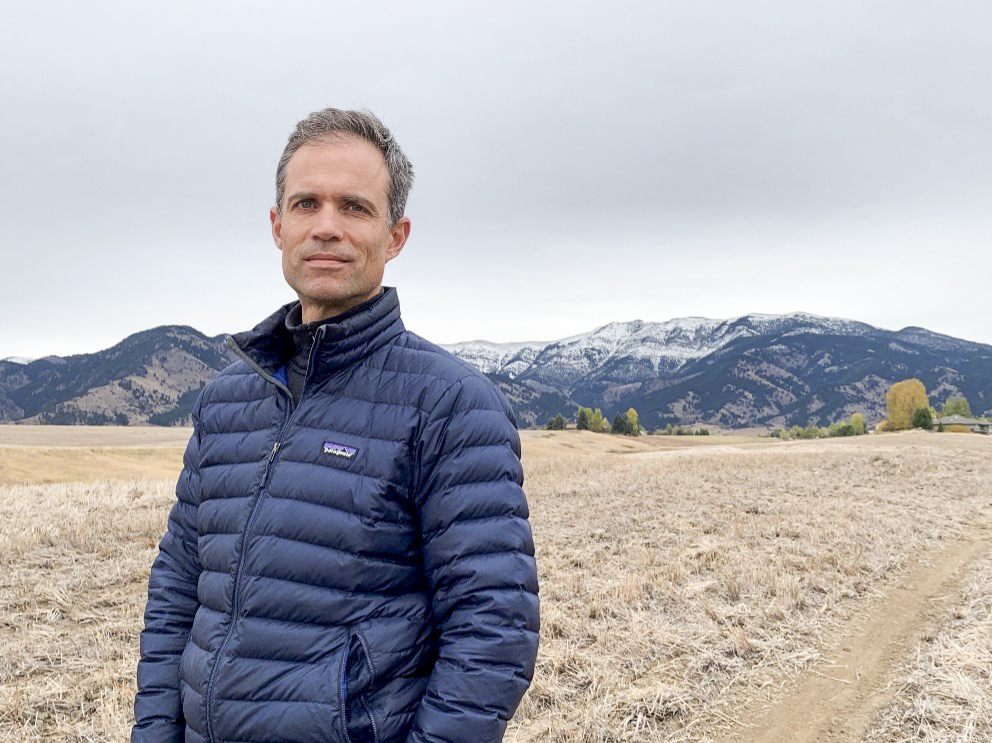Award-winning writer Fred Bahnson works to promote a lifestyle driven by an appreciation for agriculture’s interaction with faith and spirituality. He’s the founding director of the Food, Health and Ecological Well-Being Program, a national leadership development program at the Wake Forest University School of Divinity that trains and equips faith leaders, environmental advocates and activists.
Bahnson will deliver his speech, “Soil and Sacrament: A Journey Among the Keepers of the Earth,” to continue Week Two of the Interfaith Lecture Series “Reconnecting with the Natural World” at 2 p.m. Wednesday, July 6, in the Hall of Philosophy.

“I’m going to be talking about the need for people of faith to cultivate an ecological imagination,” Bahnson said. “For too long, we — in Western religious traditions at least — have perpetuated a myth that we are somehow separate from nature.”
Bahnson said everything comes down to relationship and proximity; people can’t maintain deep relationships without being in close proximity to each other, the Earth and spirituality.
“Most of us are separated from the natural world through our built environments — through living life in cities,” Bahnson said. “A lot of our work as modern humans is to reclaim that relationship, and that’s where we can start to heal the damage we’ve caused.”
Hopeful that people come away from his lecture inspired, Bahnson said he plans to share stories from different faith communities that are restoring their ecosystems: from the church forests of Ethiopia to people in the United States replanting forests and practicing sustainable agriculture.
Bahnson said in a number of religious traditions, food is a symbol of mystery, nourishment and communion. He said he wants people to learn how to receive food as a gift, versus a commodity from the store.
“We’re all farmers by extension, just by the fact that we eat, so we should know something about where our food comes from and how it’s grown,” Bahnson said. “Beginning with the spirituality of gratitude, I think is the starting place.”
Bahnson visited several farming and agriculture locations for research and experience. He said he wanted to “see the natural world as full of God’s presence.”
Bahnson has been to a Trappist monastery where the monks grow their own shiitake and oyster mushrooms, a Protestant community garden in western North Carolina called The Lord’s Acre, a Pentecostal farm and coffee roasting operation in Skagit Valley, Washington, as well as a Jewish farm in western Connecticut.
“In each of these places, I was reading about the spirituality of foods, spirituality of the land, looking at people or writing about people,” Bahnson said “(I read about people) who were reclaiming a more intimate connection with the land through food and through agriculture, and how that was inspiring their spirituality and their religious practice.”
Bahnson said he wants everyone to incorporate the divine image into themselves, along with nature.
“I want people to have (faith) and understand that we’ve been living with a dualism between human nature, and we need to break down that dualism,” Bahnson said.




